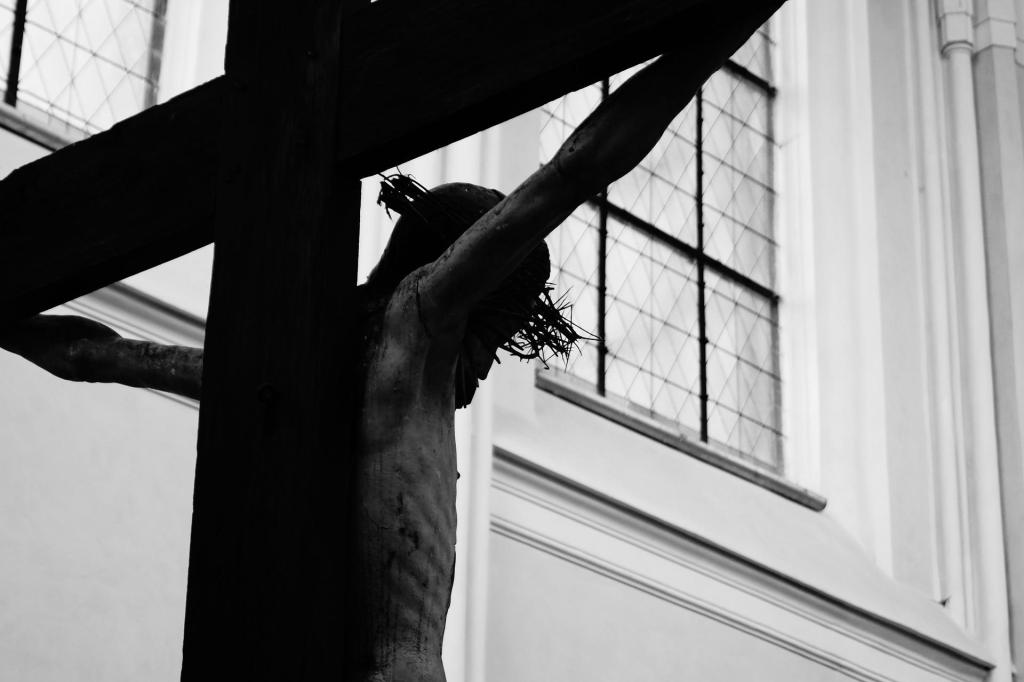In today’s political climate, victimization seems to consistently find its way to the forefront of trending conversations. When the #MeToo movement became viral in 2017, it empowered countless women to open up about their experiences with sexual abuse. And when the discovery of several unmarked graves of children at former residential schools sites made headlines, old wounds were reopened as indigenous communities relived the trauma of the past.
When someone opens up publicly about their horrific experiences, many tend to react with skepticism. It is possible it could be because abuse (especially of sexual nature) is an extremely serious matter. When an alleged abuser is someone well-known or respected among family, friends or community, the very thought of them committing such atrocities challenges any narrative of how they view them.
When a topic is trending online, many will often hop the bandwagon and express their solidarity to an idea that resonates with them. I can understand why some would push back against such movements. A phrase popularized by conservative speaker Ben Shapiro says, “Feelings rule facts, and victims are heroes.” I don’t particularly appreciate his inflammatory style, but I do think there is some truth in his critique. I have no doubt there have been cases when relationships go sour and people may attempt to smear their former partner’s reputation. This could be one of the many reasons why our justice system usually take an ‘innocent until proven guilty’ approach. Unfortunately, slogans like Shapiro’s are often used to silence conversations rather than approach them with nuance. This does not mean hundreds of people (or millions for that matter) sharing similar experiences suddenly makes them all untrue.
What I find discouraging is how many Christians I’ve encountered show little empathy for those who share experiences or views that conflict with their own. It seems the ones who are quick to claim Christlike virtue are the ones who express behaviors that reflect more closely to the ones who would have been among the crowd shouting, “Crucify Him!” But upon further reflection, I think have we all been that person at least once in our lives — myself included. And it seems to only give further reason why movements such as #MeToo and #EveryChildMatters exist to give victimized people an opportunity to use their voices and share what weighs heavy upon them.
Regardless of what anyone may have been a victim to, rising above personal trauma is never an easy feat. Many people who have been fortunate enough to recognize how their past trauma influences their overall behavior and ability to make sound decisions spend years learning how to cope with day-to-day life. When these issues ferment under the surface, they eventually bleed out in the form of addiction, high-risk behavior or projecting their pain upon others. It is also possible those who frequently identify as victims may one day become abusers themselves — thus, the cycle of generational trauma continues.
This is where I’ve noticed several online personalities (especially in the Catholic blogosphere) seemingly capitalize on their trauma, whether to acquire click-money or attention. Though I cannot speak for those who blog about their experiences with sexual abuse, I am especially guilty of this behavior, especially in my own writing. One of the biggest challenges for me has been to work past my resentment towards those who verbally and physically harassed me, as well as those who manipulated me into leaving the Catholic faith at a vulnerable age. It is a process of healing I have been continually working towards. That being said, my experiences pale in comparison to those who’ve experienced sexual abuse or cultural discrimination of any kind.

As I reflect upon the meaning of Good Friday, I’ve often asked myself, how can a day someone experienced one of the most horrific forms of torture be ‘good?’ He was brutally mocked, scourged, violated and impaled before an entire community. And yet, He had done nothing to deserve such extreme punishment. One of the criminals who hung beside him shouted, “Are you not the Christ? Save yourself and us! (Luke 23:39)” I often find it difficult to wrap my mind around an all-knowing, all-powerful God who wouldn’t simply alleviate His own suffering to simply prove who He is on the spot. But this is the paradox of the victimhood of Christ. Although He suffered and died unjustly at the hands of wicked people, not only did he rise above victimhood, He removed the power from His abusers and conquered death itself.
I have often heard people say if a god (or several gods) exist, they, along with the rest of the universe, do not care about the insignificance of human activity on Earth. The idea that all human suffering is meaningless in the broad scheme of the universe is a hopeless nihilism. It’s kind of reminiscent to how those who have not experienced abuse themselves would often be ignorant of the pain of an abuse victim’s own experiences. For many, the only way they empathize with somebody else’s pain or trauma is to experience it personally. And this is what separates Christ from all other gods. His humanity makes Him a divine being who understands our suffering on a personal level.
It is my hope that my reflections do not minimize the painful and traumatic experiences of others. But I think it’s worth considering how victimhood implies a state that isn’t meant to last forever. It is a state that Christ Himself understands well. As Christians, we strive to imitate Christ as our primary example of virtuous character. Even in death, Jesus forgave His oppressors as He cried, “Father, forgive them; for they know not what they do!” Forgiving those who have wronged us is easier said than done for many who have been victimized. But difficult as it may be, forgiveness removes the power our abusers exert over us.
Personal circumstances do not define the identity of an individual, though they can shape and transforms a person’s character for better or for worse. As Christ rose from the dead, His scars remained on his hands and feet as a reminder of what had happened to Him days before — but the power of evil and death had no grip upon Him.
And like Christ, we are not bound to be victims forever.












